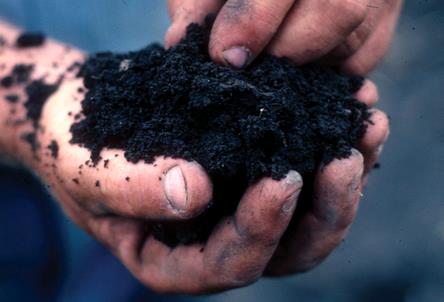
The Massachusetts Department of Agricultural Resources (MDAR) has proposed composting regulations that, if adopted as written, would be detrimental to the sustainability of farms that rely on their composting operations for revenue or soil building/fertility as well as adaptation to climate change. Details about the proposed changes are here.
Our overall concerns with the proposed regulations are that they are open to interpretation, portions are difficult for farmers to meet, and they use language that is directly from the commercial composting regulations, some of which may be inappropriate for on-farm operations.
Public hearings have already been conducted and the public comment period has been extended to September 3, and the more comments that are submitted the greater imperative MDAR will have to make changes. The Collaborative invites you to use all or part of two documents we have prepared: a comment letter and detailed comments, in creating your own responses. And please feel free to pass this along to your networks.
Adding information about your organization or business and/or brief background statement on why this is important to you will make for a more effective comment verses a simple cut and paste. We know this is a busy time of year though. If cutting and pasting to your letterhead is what you have time to do, please feel free do that.
Comments should be submitted to dorothy.du@mass.gov or by mail to Dorothy Du, 251 Causeway Street, 5th Floor, Boston, MA 02114-2151.
If you are not in a position to send in your own comments we invite you to sign on to the Collaborative’s submission. While that will not create the same imperative for MDAR as sending your own letter it is still meaningful. We have provided a quick and simple way to sign on to ours. Please sign on by completing this form.
There are many things that concern us about these proposed regulations. The top 5, in no particular order, are:
If you have any questions, please contact jeff@mafoodsystem.org.